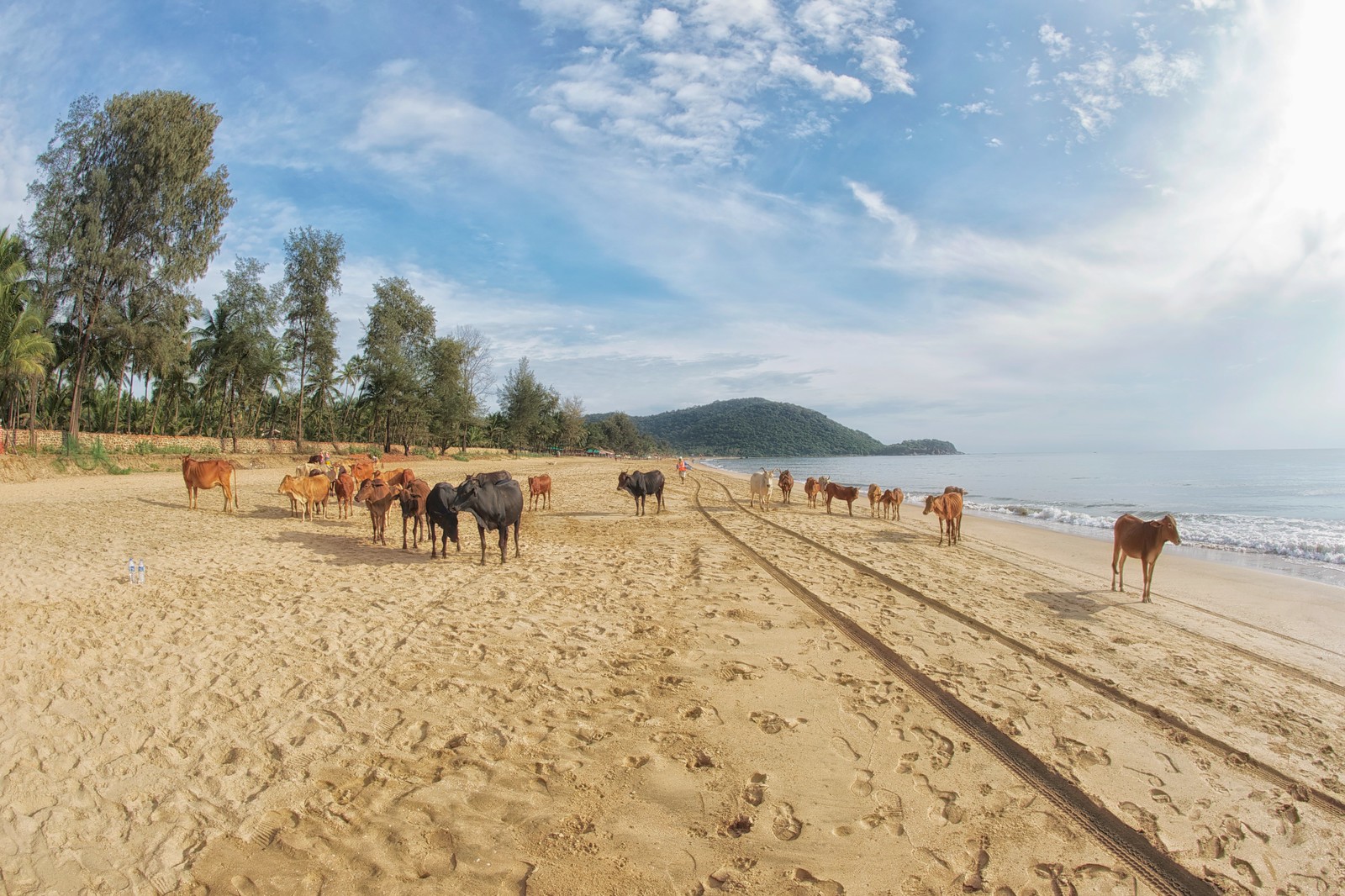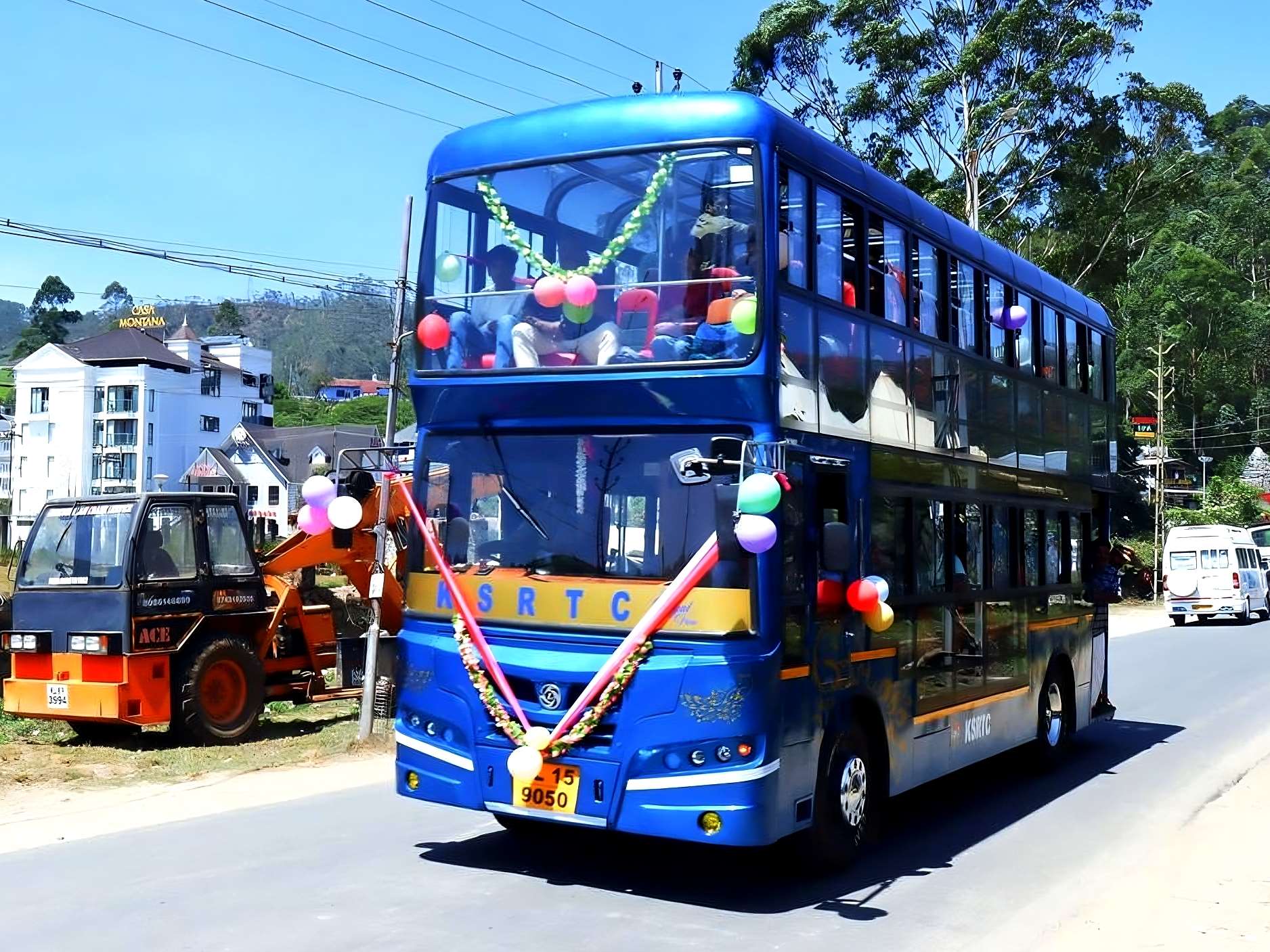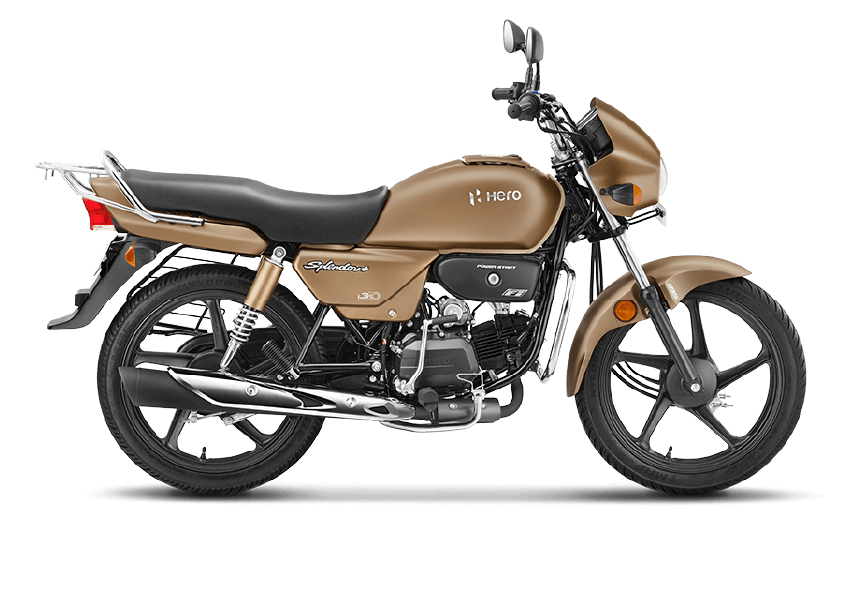The origin of Goa’s name remains debated, with various theories proposed:
- “Gove” in Konkani: This translates to “cowherd,” suggesting the presence of a strong pastoral community in the region’s history.
- “Gomantka” in Sanskrit: This translates to “Land of Gomant,” referring to the legendary sage Parashurama who reclaimed land from the sea.
- Portuguese influence: During their 500-year rule, the Portuguese may have adapted the local pronunciation of “Gove” to “Goa.”
2. Goa Famous things:
Goa is renowned for its:
- Stunning beaches: Miles of pristine beaches like Palolem, Anjuna, and Baga attract tourists worldwide.
- Portuguese heritage: Goa’s architecture, cuisine, and language reflect its rich Portuguese colonial legacy.
- Vibrant nightlife: Goa is famous for its lively bars, clubs, and beach shacks, offering a dynamic nightlife scene.
- Adventure activities: From water sports like parasailing and scuba diving to trekking and cycling, Goa offers diverse adventure options.
- Religious sites: Old Goa boasts magnificent churches like the Basilica of Bom Jesus and the Se Cathedral, showcasing the state’s diverse religious tapestry.
- Natural beauty: Goa’s lush green landscapes, waterfalls, and backwaters offer a serene escape from the bustling beaches.
- Goan cuisine: A fusion of Portuguese and Indian influences, Goan cuisine is a must-try, featuring dishes like vindaloo, xacuti, and fish curry.
- Flea markets: Anjun Flea Market and Mapusa Friday Market are a treasure trove for souvenirs, handicrafts, and local crafts.
- Festivals: Goa celebrates vibrant festivals like Carnival, Christmas, and Diwali, showcasing its cultural heritage and festive spirit.
3. Goa Geographical Landscape – Nearby States:
Goa boasts a diverse landscape encompassing beaches, hills, and rivers. It is bordered by:
- Maharashtra to the north: With bustling cities like Mumbai and Pune, and the historical sites of Ajanta-Ellora caves.
- Karnataka to the east and south: Offering scenic landscapes like the Western Ghats and historical sites like Hampi.
4. Goa Festivals – Celebration methods:
Goa celebrates numerous vibrant festivals throughout the year, each with unique traditions and celebrations. Here are a few examples:
- Carnival: A pre-Lenten festival celebrated with colorful parades, lively music, dancing, and feasting, culminating in the burning of the “King Momo” effigy.
- Christmas: Celebrated with gusto, featuring decorated churches, midnight mass, carol singing, and traditional Christmas feasts.
- Diwali: The festival of lights is celebrated with enthusiasm, featuring diya decorations, firecrackers, and exchanging gifts.
- Sao Joao Festival: Celebrated on June 24th, this festival involves jumping into wells and water bodies, symbolizing the arrival of the monsoon season.
- Ganesh Chaturthi: This festival dedicated to Lord Ganesha involves installing idols, offering prayers, and culminating in an immersive procession where the idols are ceremoniously immersed in water.
5. Goa Dance and Music:
Goa’s rich cultural heritage is reflected in its diverse dance and music forms:
- Dekhni: A vibrant folk dance performed by women, featuring graceful movements and rhythmic beats.
- Mandovi: A traditional Goan dance characterized by swaying movements and melodic singing, often accompanied by instruments like the guitar and violin.
- Fugdi: An energetic dance form performed by men, showcasing acrobatic feats and synchronized movements.
- Goa Portuguesa: A unique musical genre influenced by Portuguese melodies and rhythms, often performed by bands and singers.
- Dulpod: A folk performance involving singing and storytelling, often accompanied by the beat of a dholki (drum). [Image of
Goa: Exploring History, Culture, and Nature’s Bounty
6. Goa Famous Old Literatures associated with Culture:
Goa boasts a rich literary heritage, with ancient texts and poems offering insights into its culture and history. Here are some notable examples:
- Christha Purana: This 16th-century epic poem in Konkani narrates the life of Jesus Christ and reflects Goa’s Christian heritage.
- Ramayana: This epic tale of Rama and Sita has been translated and retold in Konkani, offering a unique glimpse into Goan culture and values.
- Konkani folk tales: Passed down through generations, these stories offer valuable insights into the beliefs, values, and traditions of Goa.
- Konkani poetry: Verses written by Goan poets explore themes of love, loss, nature, and social issues, showcasing the state’s literary talent.
- Folk songs and ballads: These narrate stories of heroes, love, loss, and social issues, reflecting the cultural values and traditions of the state.
7. Goa Temples:
Goa’s religious tapestry is evident in its numerous temples, showcasing architectural styles and cultural influences. Here are some notable examples:
- Mangeshi Temple: This 450-year-old temple dedicated to Lord Shiva features a distinctive architectural blend of Hindu and Portuguese styles.
- Shri Mahalasa Temple: This ancient temple dedicated to Goddess Mahalasa is known for its unique architecture and annual temple fair attracting devotees from all over India.
- Shantadurga Temple: This temple complex dedicated to Goddess Durga boasts a grand entrance, intricately carved pillars, and tranquil surroundings.
- Basilica of Bom Jesus: This UNESCO World Heritage Site houses the tomb of St. Francis Xavier and is a pilgrimage destination for Christians worldwide.
- Se Cathedral: This 16th-century cathedral is the largest church in Goa and showcases Portuguese architectural brilliance.
8. Goa Beaches:
Goa is synonymous with its pristine beaches, attracting tourists worldwide to soak in the sun and enjoy the idyllic settings. Here are some prominent examples:
- Palolem Beach: Located in South Goa, this beach is known for its crescent shape, calm waters, and laid-back atmosphere.
- Anjuna Beach: A popular tourist hub, Anjuna offers bustling markets, vibrant nightlife, and various water sports activities.
- Baga Beach: Known for its lively nightlife, Baga Beach offers beach shacks, restaurants, and watersports activities.
- Candolim Beach: This beach is popular for swimming, sunbathing, and water sports like jet skiing and parasailing.
- Agonda Beach: Nestled amidst palm groves, Agonda Beach is known for its serenity, relaxed atmosphere, and yoga retreats.
9. Goa Hills:
Beyond the beaches, Goa boasts scenic hills offering breathtaking views and tranquil escapes. Here are some prominent examples:
- Netravali Wildlife Sanctuary: This sanctuary encompasses hills, forests, and waterfalls, providing opportunities for wildlife viewing and trekking.
- Bhagwan Mahavir Wildlife Sanctuary: This sanctuary offers diverse landscapes, including hills, valleys, and forests, and is home to various wildlife species.
- Dudhsagar Falls: This cascading waterfall is located amidst lush greenery and offers a spectacular natural spectacle.
- Harvalem Falls: This waterfall is surrounded by scenic hills and offers a refreshing swimming experience.
- Chorla Ghats: This mountain range offers stunning views of the surrounding valleys and is a popular spot for trekking and bird watching.
10. Goa Wildlife Sanctuaries:
Goa is not just about beaches and parties; it also boasts wildlife sanctuaries dedicated to preserving the state’s natural heritage and diverse flora and fauna. Here are some notable examples:
- Bondla Wildlife Sanctuary: This sanctuary is home to tigers, leopards, sloth bears, and various bird species, offering opportunities for safaris and wildlife viewing.
- Mhadei Wildlife Sanctuary: This sanctuary boasts diverse landscapes, including forests, hills, and waterfalls
Goa: Exploring History, Culture, and Nature’s Bounty
6. Goa Famous Old Literatures associated with Culture:
Goa boasts a rich literary heritage, with ancient texts and poems offering insights into its culture and history. Here are some notable examples:
- Christha Purana: This 16th-century epic poem in Konkani narrates the life of Jesus Christ and reflects Goa’s Christian heritage.
- Ramayana: This epic tale of Rama and Sita has been translated and retold in Konkani, offering a unique glimpse into Goan culture and values.
- Konkani folk tales: Passed down through generations, these stories offer valuable insights into the beliefs, values, and traditions of Goa.
- Konkani poetry: Verses written by Goan poets explore themes of love, loss, nature, and social issues, showcasing the state’s literary talent.
- Folk songs and ballads: These narrate stories of heroes, love, loss, and social issues, reflecting the cultural values and traditions of the state.
7. Goa Temples:
Goa’s religious tapestry is evident in its numerous temples, showcasing architectural styles and cultural influences. Here are some notable examples:
- Mangeshi Temple: This 450-year-old temple dedicated to Lord Shiva features a distinctive architectural blend of Hindu and Portuguese styles.
- Shri Mahalasa Temple: This ancient temple dedicated to Goddess Mahalasa is known for its unique architecture and annual temple fair attracting devotees from all over India.
- Shantadurga Temple: This temple complex dedicated to Goddess Durga boasts a grand entrance, intricately carved pillars, and tranquil surroundings.
- Basilica of Bom Jesus: This UNESCO World Heritage Site houses the tomb of St. Francis Xavier and is a pilgrimage destination for Christians worldwide.
- Se Cathedral: This 16th-century cathedral is the largest church in Goa and showcases Portuguese architectural brilliance.
8. Goa Beaches:
Goa is synonymous with its pristine beaches, attracting tourists worldwide to soak in the sun and enjoy the idyllic settings. Here are some prominent examples:
- Palolem Beach: Located in South Goa, this beach is known for its crescent shape, calm waters, and laid-back atmosphere.
- Anjuna Beach: A popular tourist hub, Anjuna offers bustling markets, vibrant nightlife, and various water sports activities.
- Baga Beach: Known for its lively nightlife, Baga Beach offers beach shacks, restaurants, and watersports activities.
- Candolim Beach: This beach is popular for swimming, sunbathing, and water sports like jet skiing and parasailing.
- Agonda Beach: Nestled amidst palm groves, Agonda Beach is known for its serenity, relaxed atmosphere, and yoga retreats.
9. Goa Hills:
Beyond the beaches, Goa boasts scenic hills offering breathtaking views and tranquil escapes. Here are some prominent examples:
- Netravali Wildlife Sanctuary: This sanctuary encompasses hills, forests, and waterfalls, providing opportunities for wildlife viewing and trekking.
- Bhagwan Mahavir Wildlife Sanctuary: This sanctuary offers diverse landscapes, including hills, valleys, and forests, and is home to various wildlife species.
- Dudhsagar Falls: This cascading waterfall is located amidst lush greenery and offers a spectacular natural spectacle.
- Harvalem Falls: This waterfall is surrounded by scenic hills and offers a refreshing swimming experience.
- Chorla Ghats: This mountain range offers stunning views of the surrounding valleys and is a popular spot for trekking and bird watching.
10. Goa Wildlife Sanctuaries:
Goa is not just about beaches and parties; it also boasts wildlife sanctuaries dedicated to preserving the state’s natural heritage and diverse flora and fauna. Here are some notable examples:
- Bondla Wildlife Sanctuary: This sanctuary is home to tigers, leopards, sloth bears, and various bird species, offering opportunities for safaris and wildlife viewing.
- Mhadei Wildlife Sanctuary: This sanctuary boasts diverse landscapes, including forests, hills, and waterfalls
Unveiling Goa’s Untapped Treasures: Agriculture, Brands, Culture, and Education
16. Goa Agricultural Practices:
Goa’s diverse landscape allows for a variety of agricultural practices. Here are some key features:
- Rice cultivation: Goa is a significant rice-producing state, with varieties like Sona Masuri and Jyothi being grown extensively.
- Coconut cultivation: Coconut palms are ubiquitous, providing copra, coconuts, and toddy for local consumption and export.
- Cashew cultivation: Goa is a major cashew producer, with cashew nuts being exported worldwide.
- Spice cultivation: Spices like black pepper, turmeric, and cardamom are grown across the state.
- Fruits and vegetables: Goa produces a variety of fruits like mangoes, bananas, and pineapples, and vegetables like tomatoes, spinach, and gourds.
- Natural farming: Traditional practices like organic farming and rainwater harvesting are gaining popularity.
17. Famous Brand Names from Goa:
- Feni: This traditional Goan cashew liquor is known for its distinct flavor and intoxicating strength.
- Goan sausages: These sausages, like chouriço and linguiça, are made with a unique blend of spices and vinegar and are a popular ingredient in many Goan dishes.
- Goan sweets: Sweets like bebinca, dodol, and patoleo are known for their rich flavors and distinctive textures.
- Goan cashew feni chocolates: These chocolates combine the unique flavors of Goan cashew feni with creamy chocolate, creating a delicious treat.
- Cashew nuts: Goa’s cashew nuts are renowned for their quality and taste, making them a popular export product.
- Goa pottery: Black pottery handcrafted by local artisans with intricate designs and motifs is a beautiful souvenir.
- Goan handloom sarees: These vibrant sarees woven with traditional designs and motifs are a cultural treasure.
- Goan handicrafts: From seashell jewelry to wood carvings, Goa offers diverse handcrafted souvenirs.
- Goan spices: Goan spice blends like garam masala and curry powder are known for their vibrant flavors and are a must-try for any foodie.
- Goan wines: Goa’s wine industry is growing, offering a variety of flavorful wines produced using locally grown grapes.
19. Goa Cultural Practices:
Goa boasts a vibrant and diverse culture, reflected in its unique traditions and practices. Here are a few examples:
- Carnival: This pre-Lenten festival is celebrated with colorful parades, lively music, dancing, and feasting.
- Christmas: This festival is celebrated with gusto, featuring decorated churches, midnight mass, carol singing, and traditional Christmas feasts.
- Diwali: The festival of lights is celebrated with enthusiasm, featuring diya decorations, firecrackers, and exchanging gifts.
- Sao Joao Festival: Celebrated on June 24th, this festival involves jumping into wells and water bodies, symbolizing the arrival of the monsoon season.
- Ganesh Chaturthi: This festival dedicated to Lord Ganesha involves installing idols, offering prayers, and culminating in an immersive procession where the idols are ceremoniously immersed in water.
- Folk dances: Dekhni, Mandovi, and Fugdi are some of the vibrant folk dances showcasing Goan tradition and culture.
- Folk music: Goa Portuguesa, Dulpod, and Tiatr are some of the popular folk music styles that capture the essence of Goan culture.
- Konkani language: The Konkani language, with its unique script and dialects, plays a crucial role in preserving Goan heritage.
- Traditional attire: The Kunbi saree and the Mundkar are some of the traditional garments worn by Goans, reflecting their cultural identity.
21. Goa Traditional Clothing:
- Kunbi Saree: This vibrant saree worn by women is characterized by its bright colors, intricate embroidery, and unique motifs depicting nature and mythological figures.
- Mundkar: This white dhoti worn by men is paired with a shirt and a turban, reflecting their traditional attire.
- Festa dress: This dress worn by women during festivals is typically made of silk or satin and features rich embroidery and embellishments.
- Bhatkar saree: This handloom saree worn by women is known for its simple elegance and use of natural dyes.
22. Goa Caste and Community of Origin:
Goa’s population comprises diverse communities with distinct origins and traditions. Here


